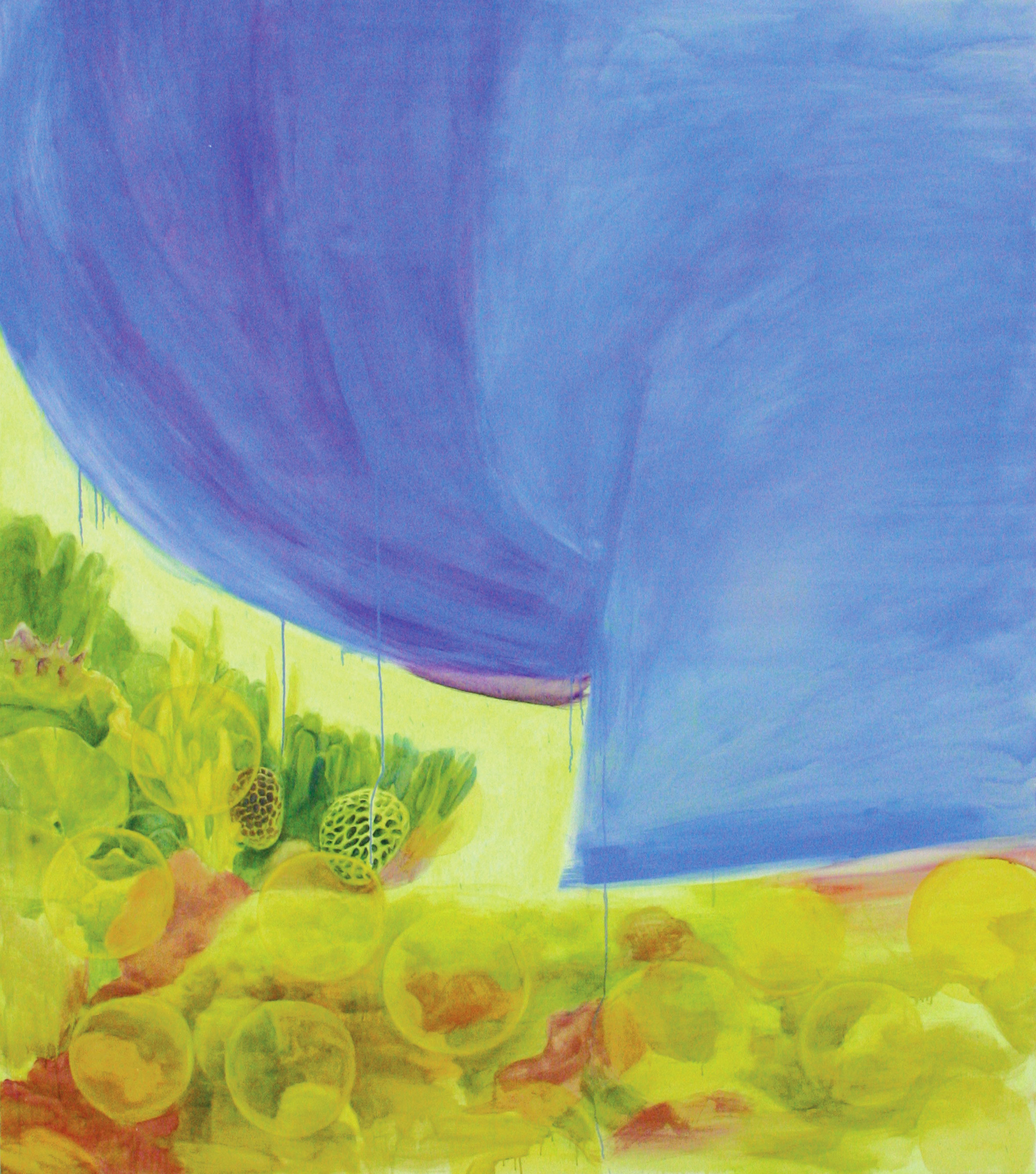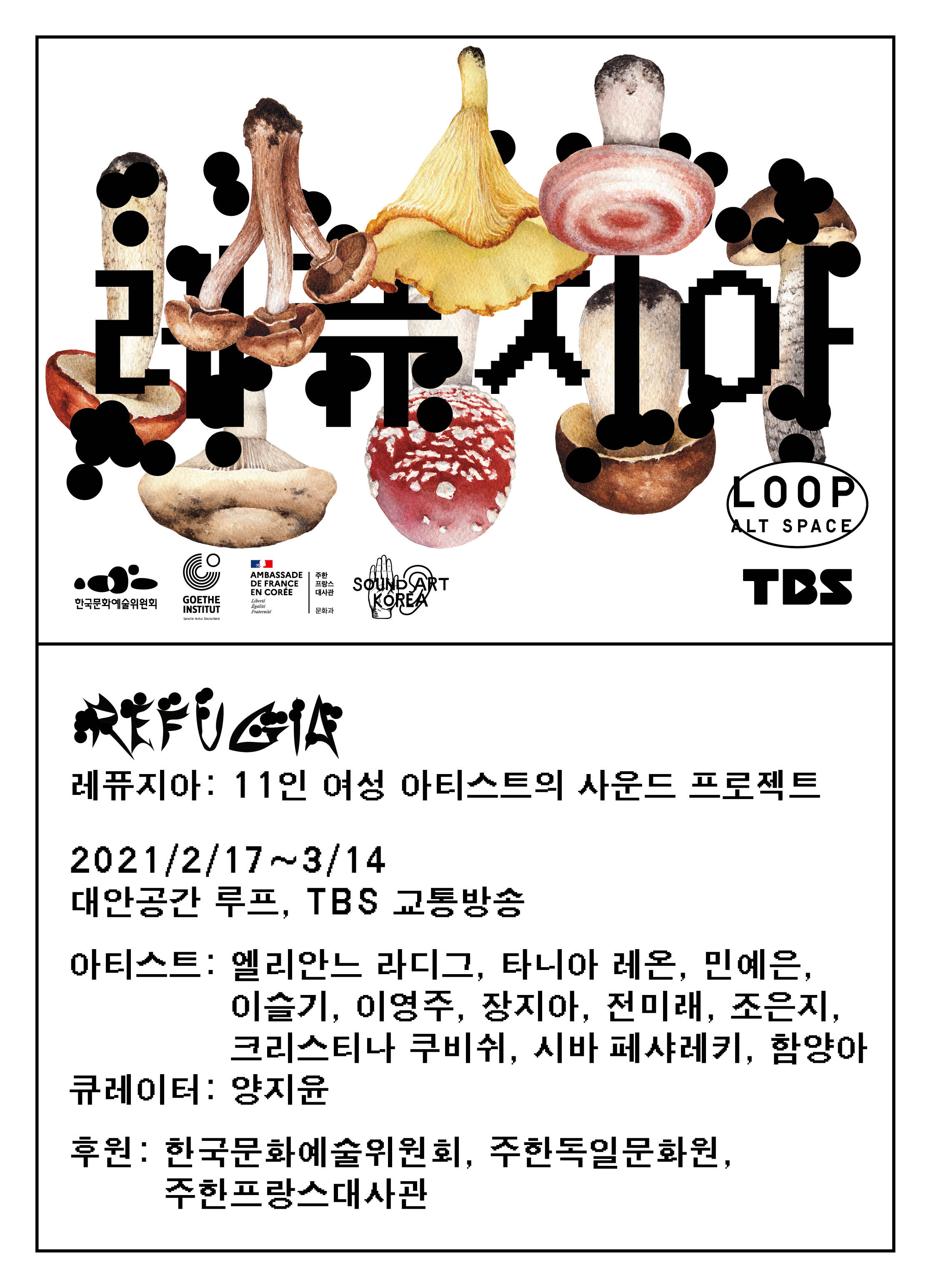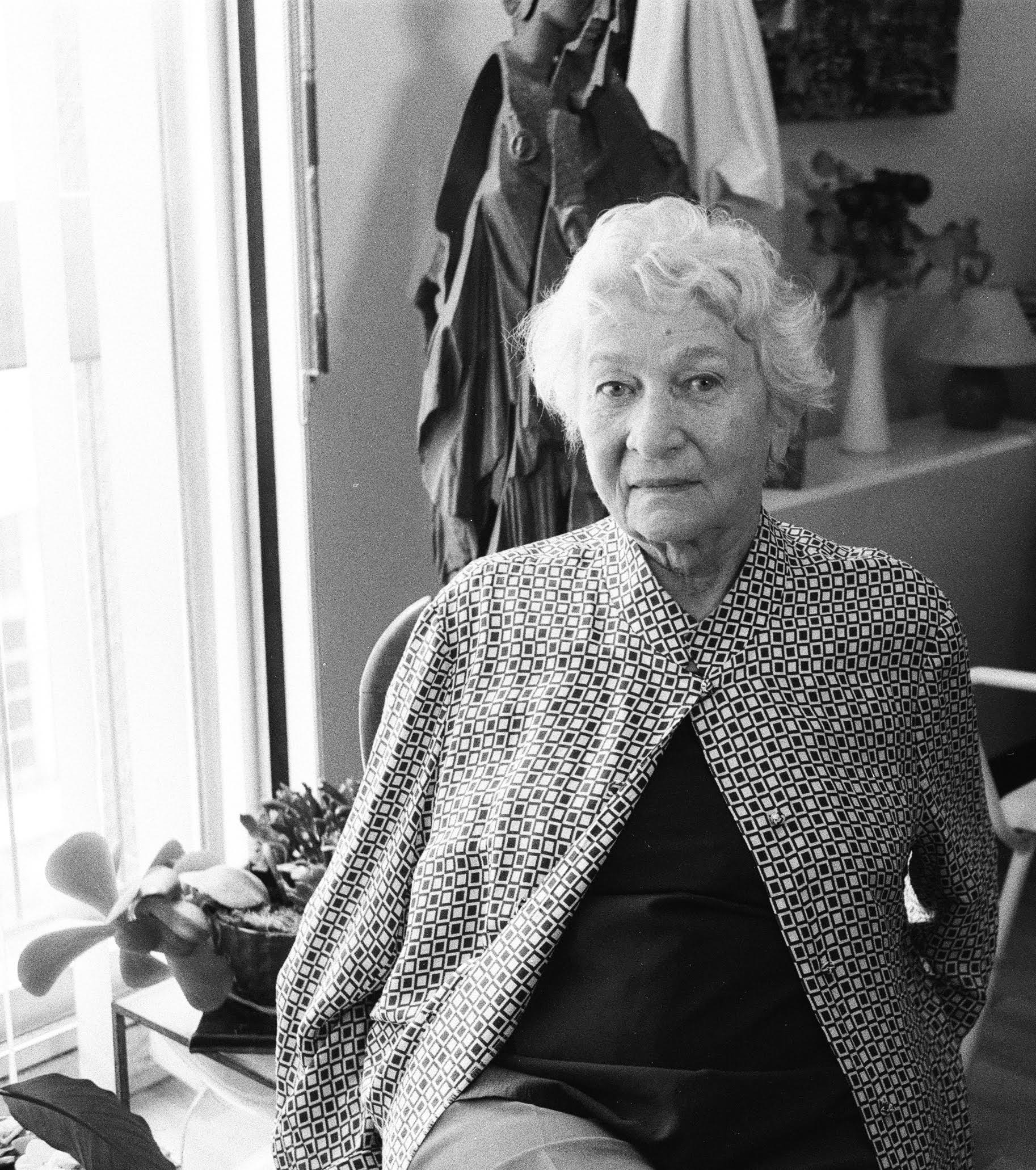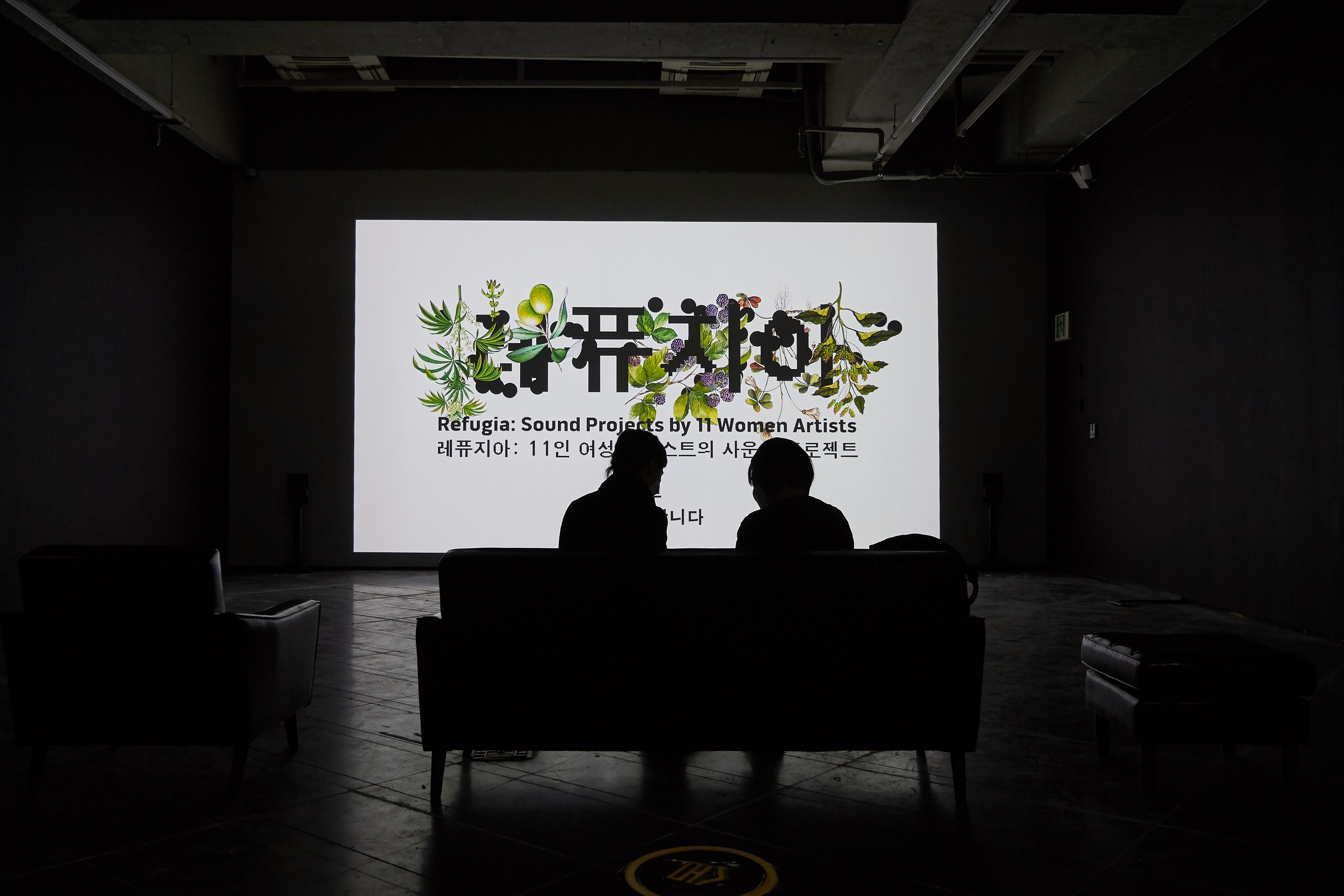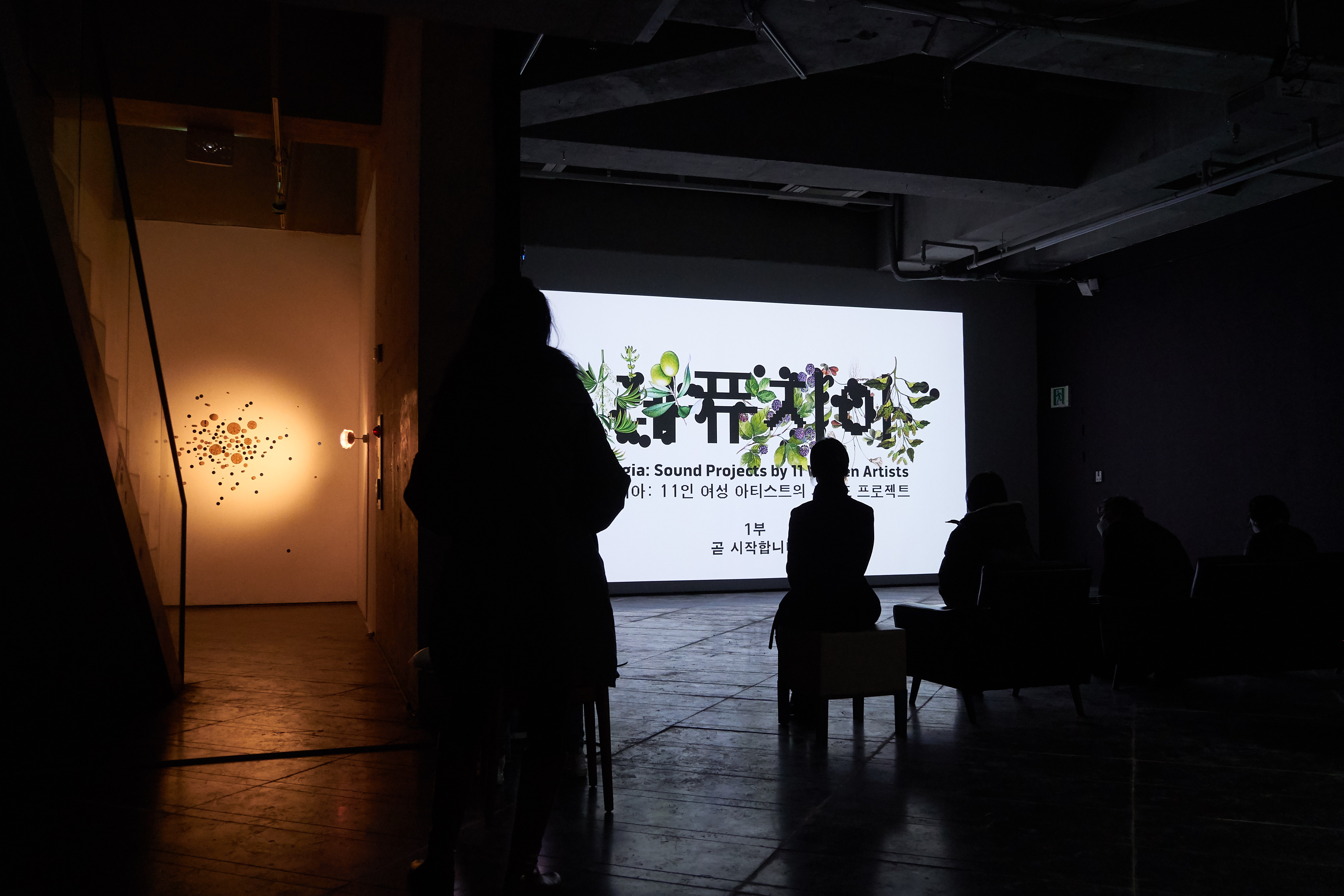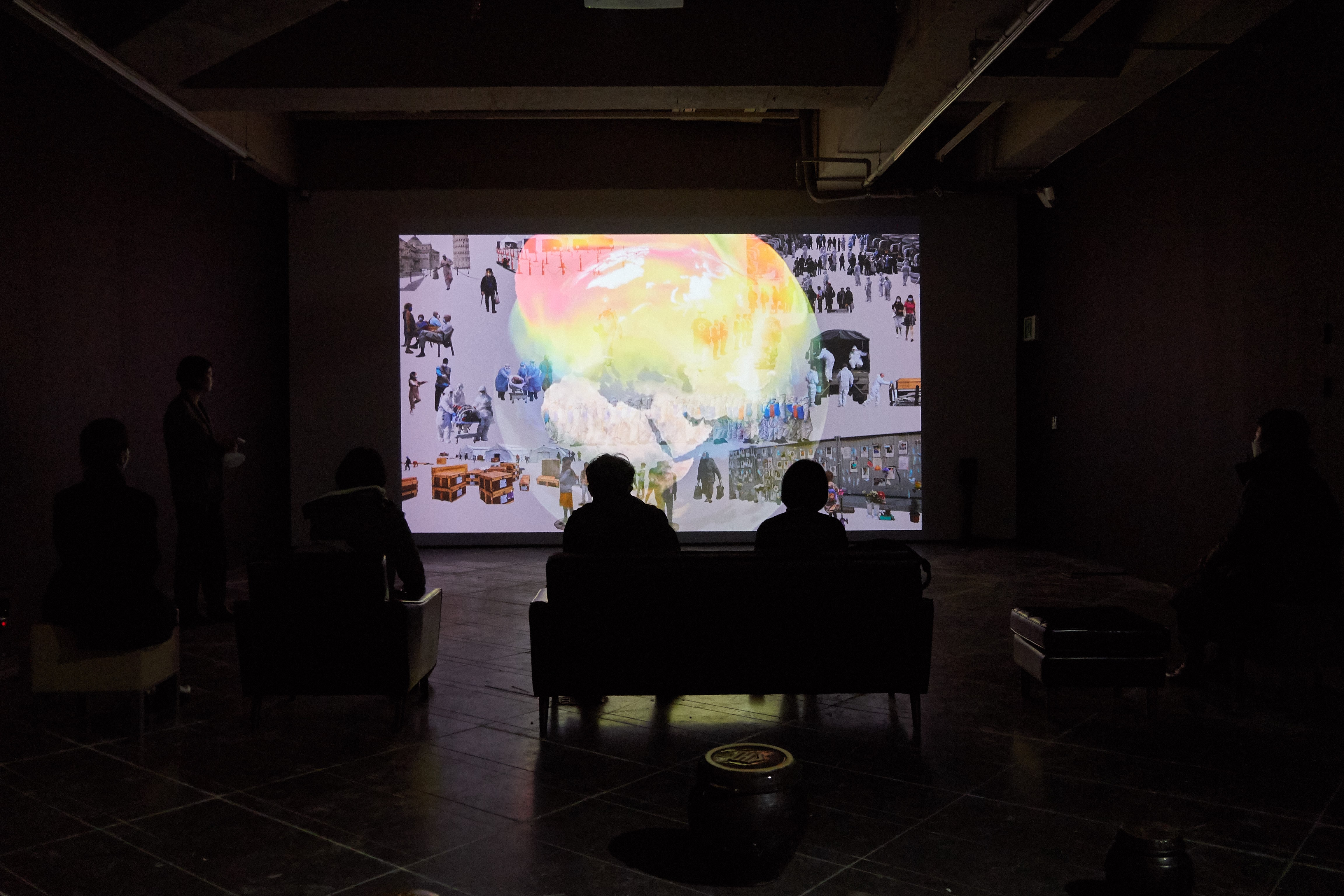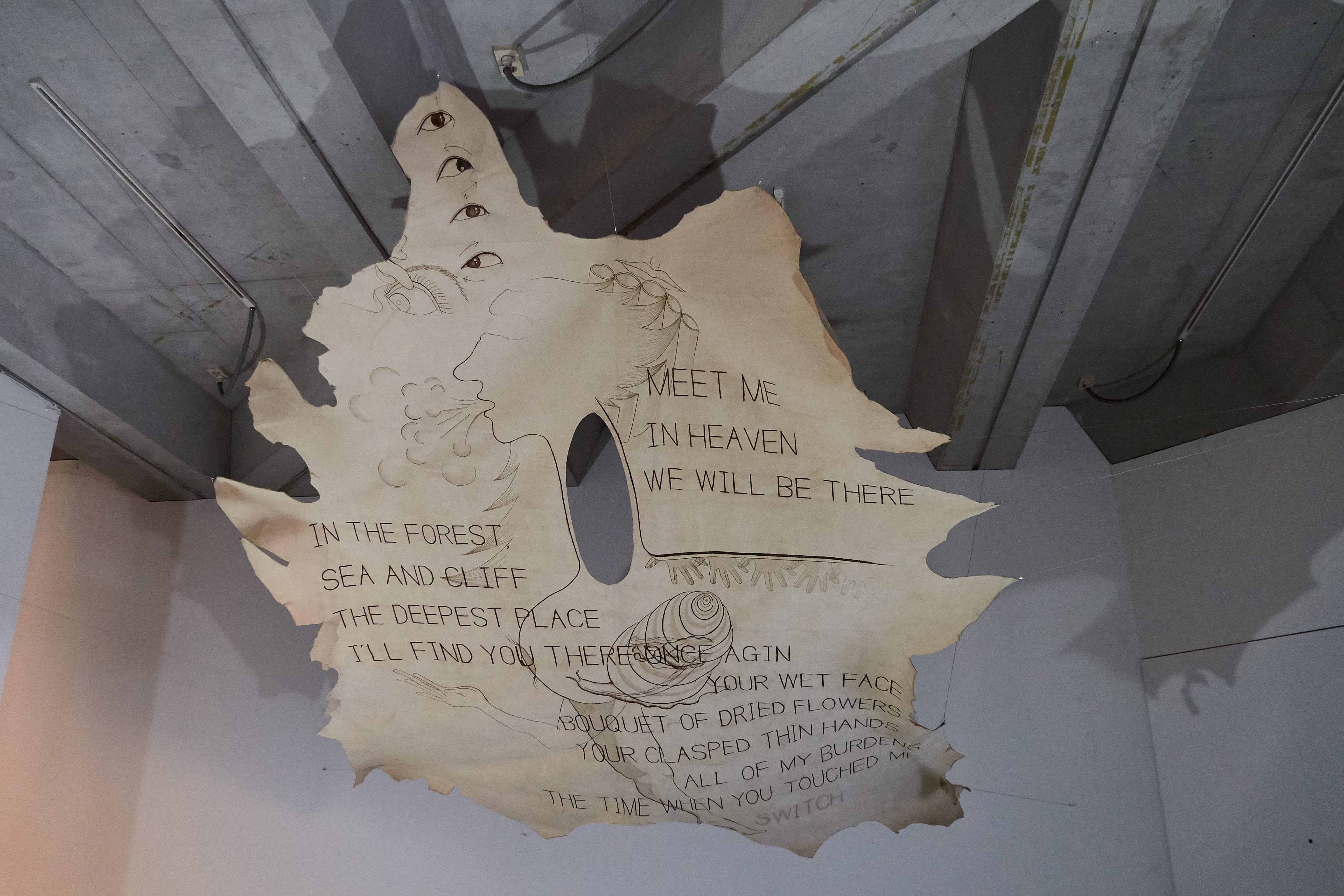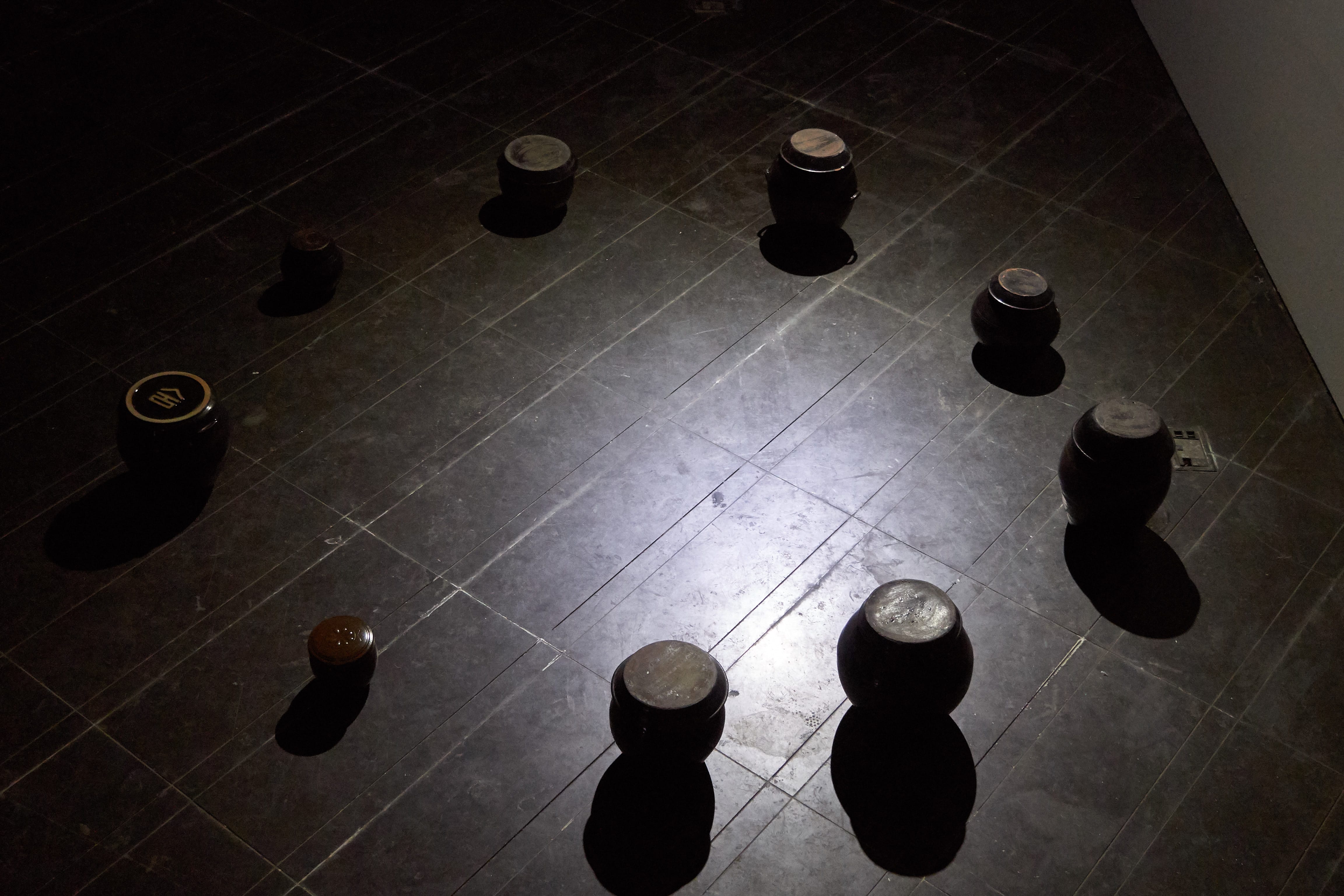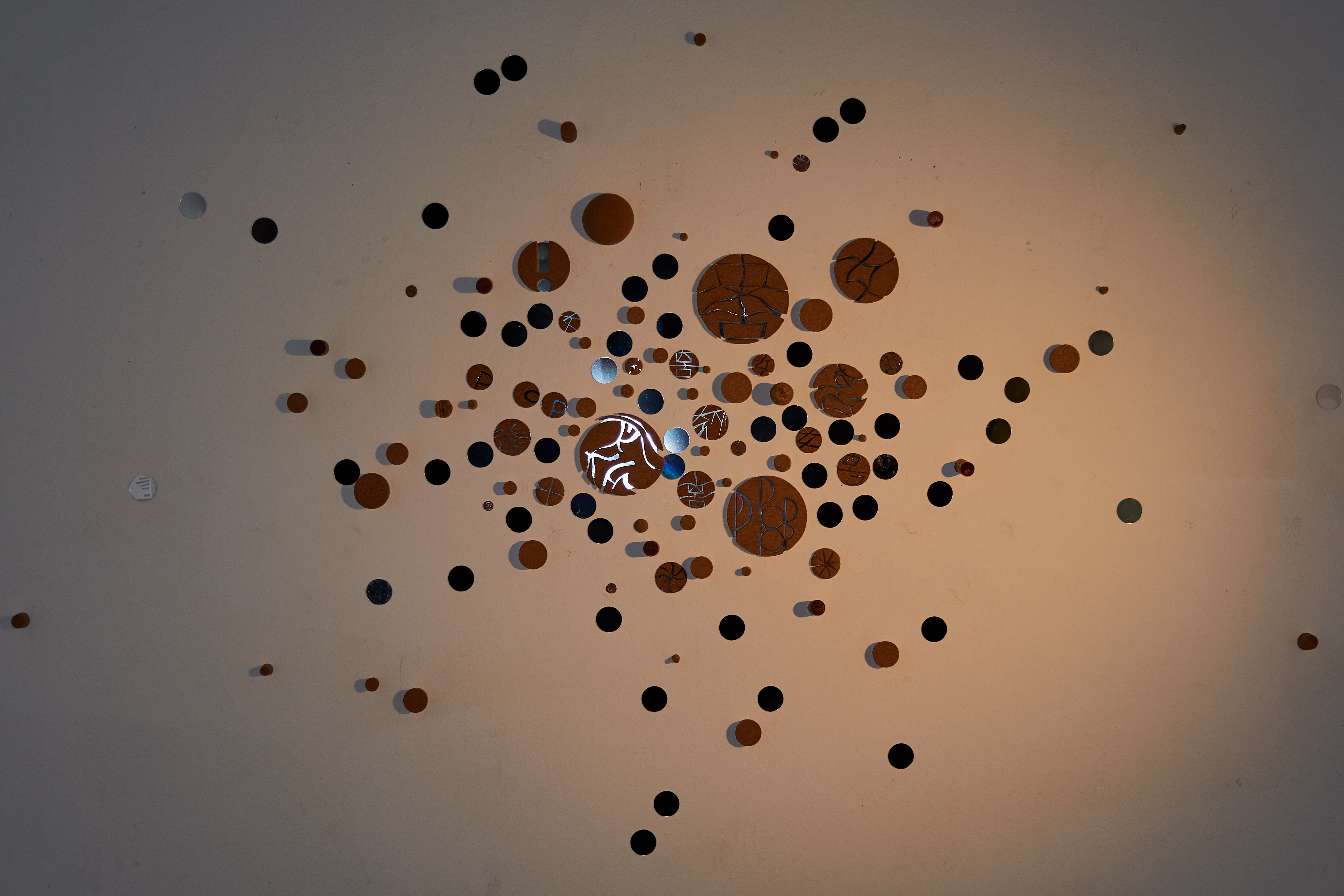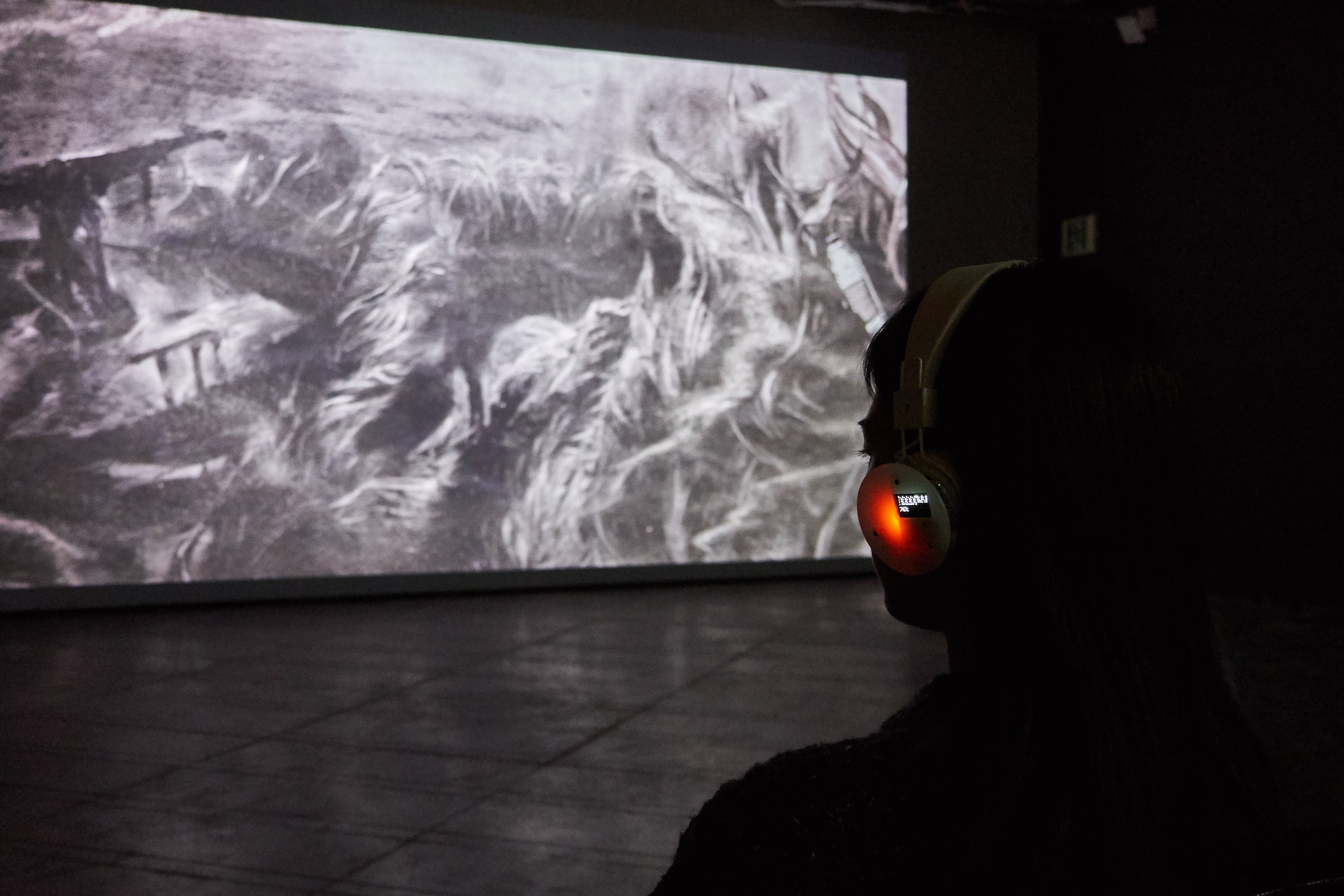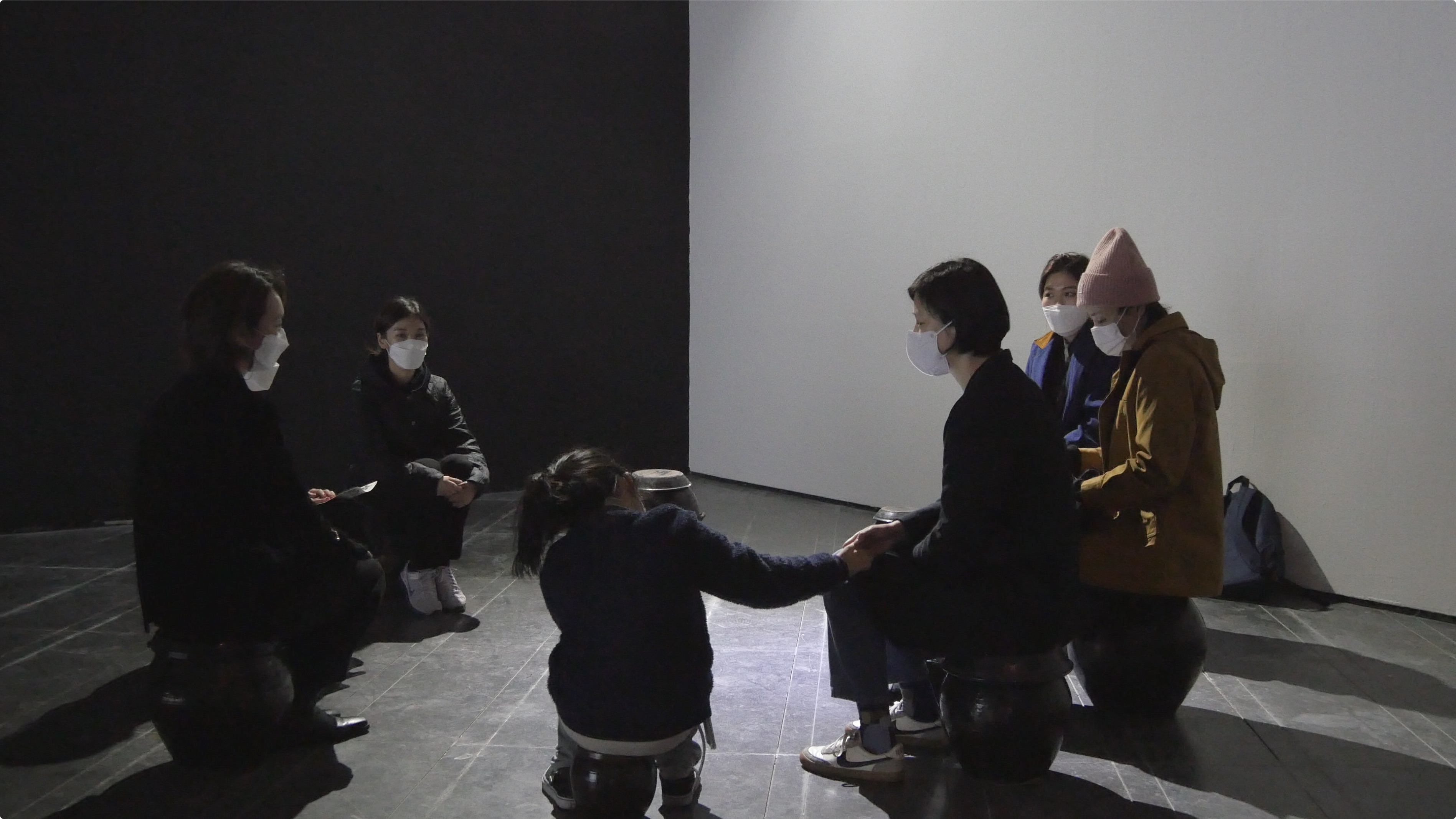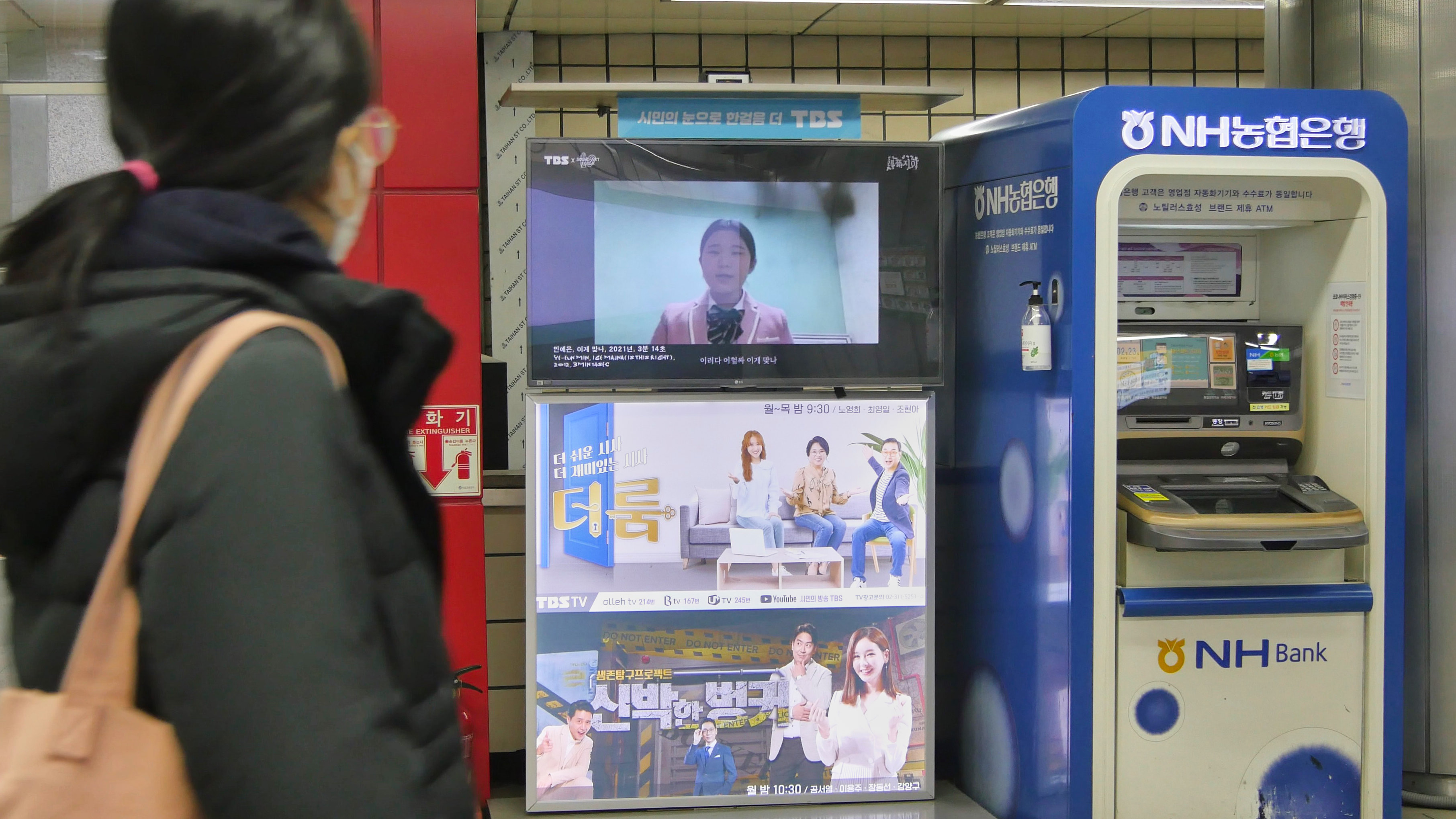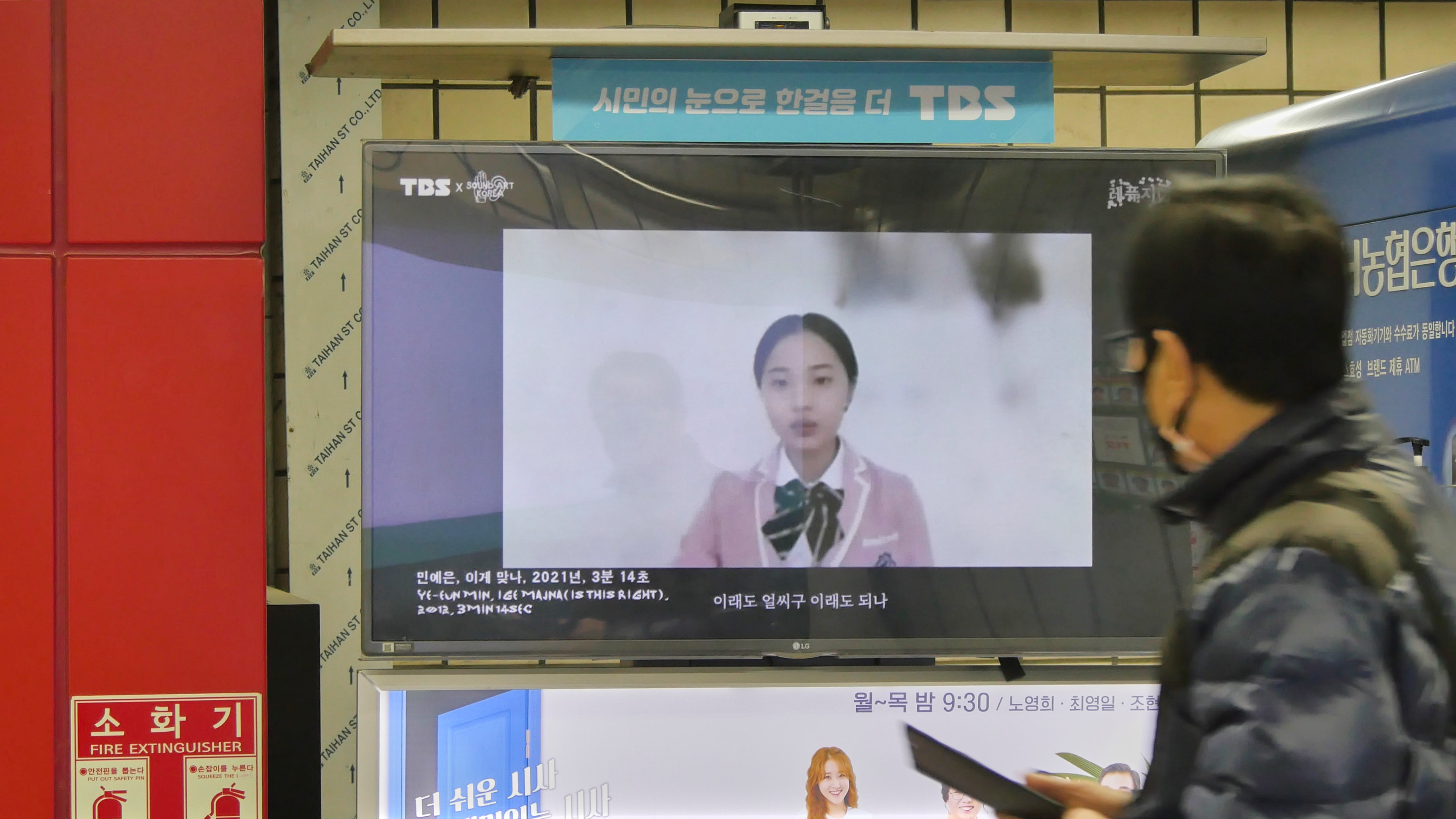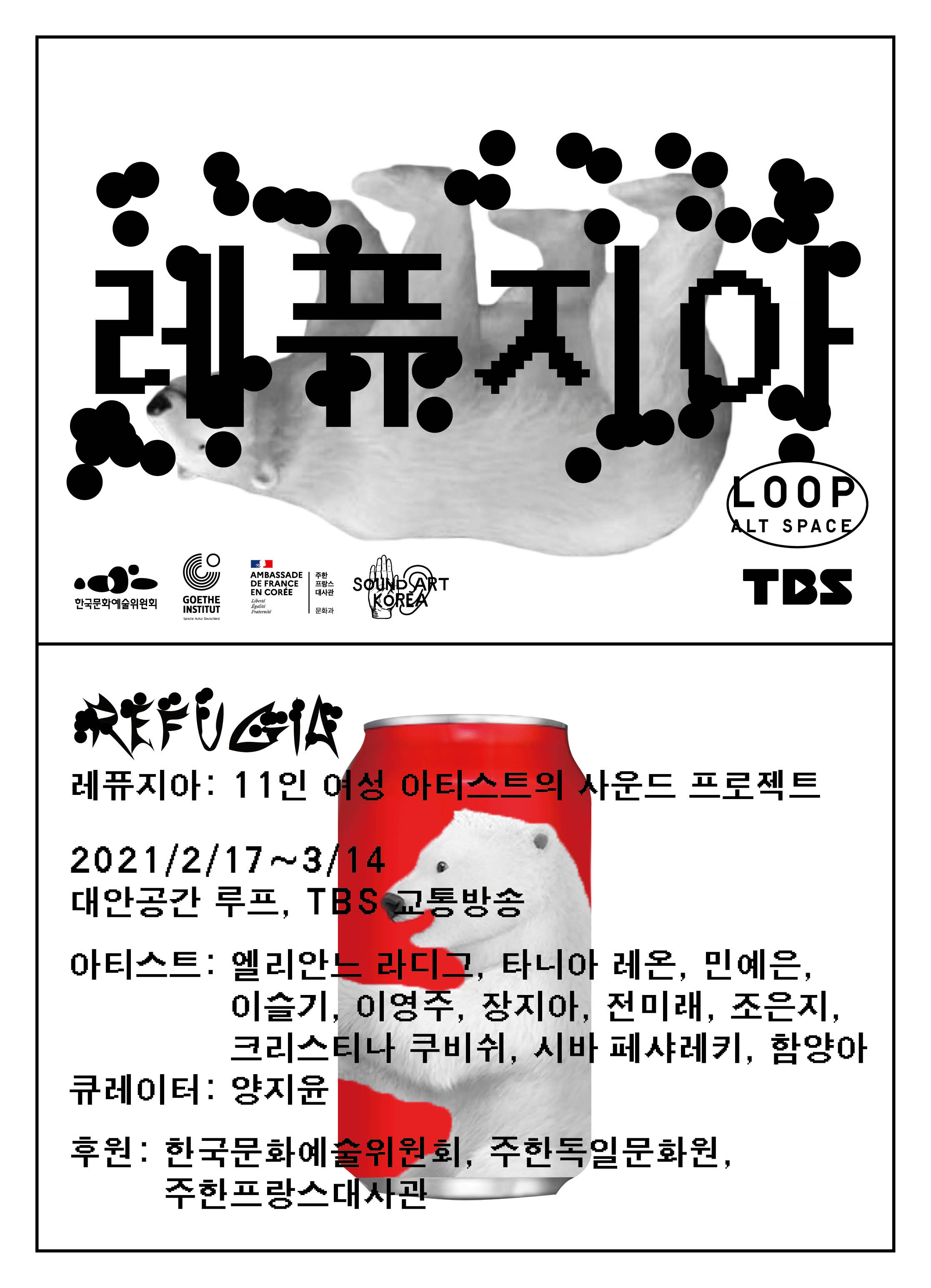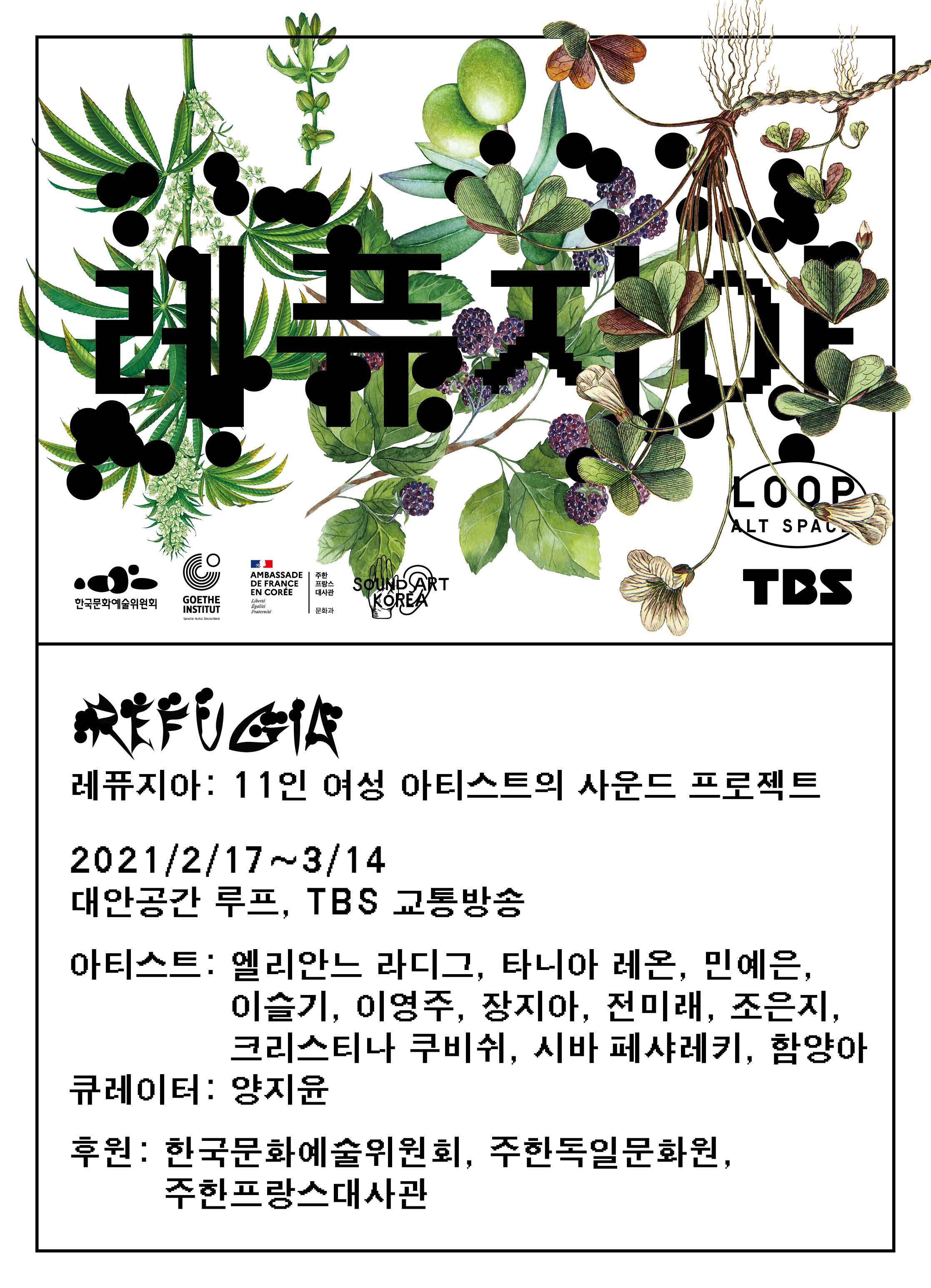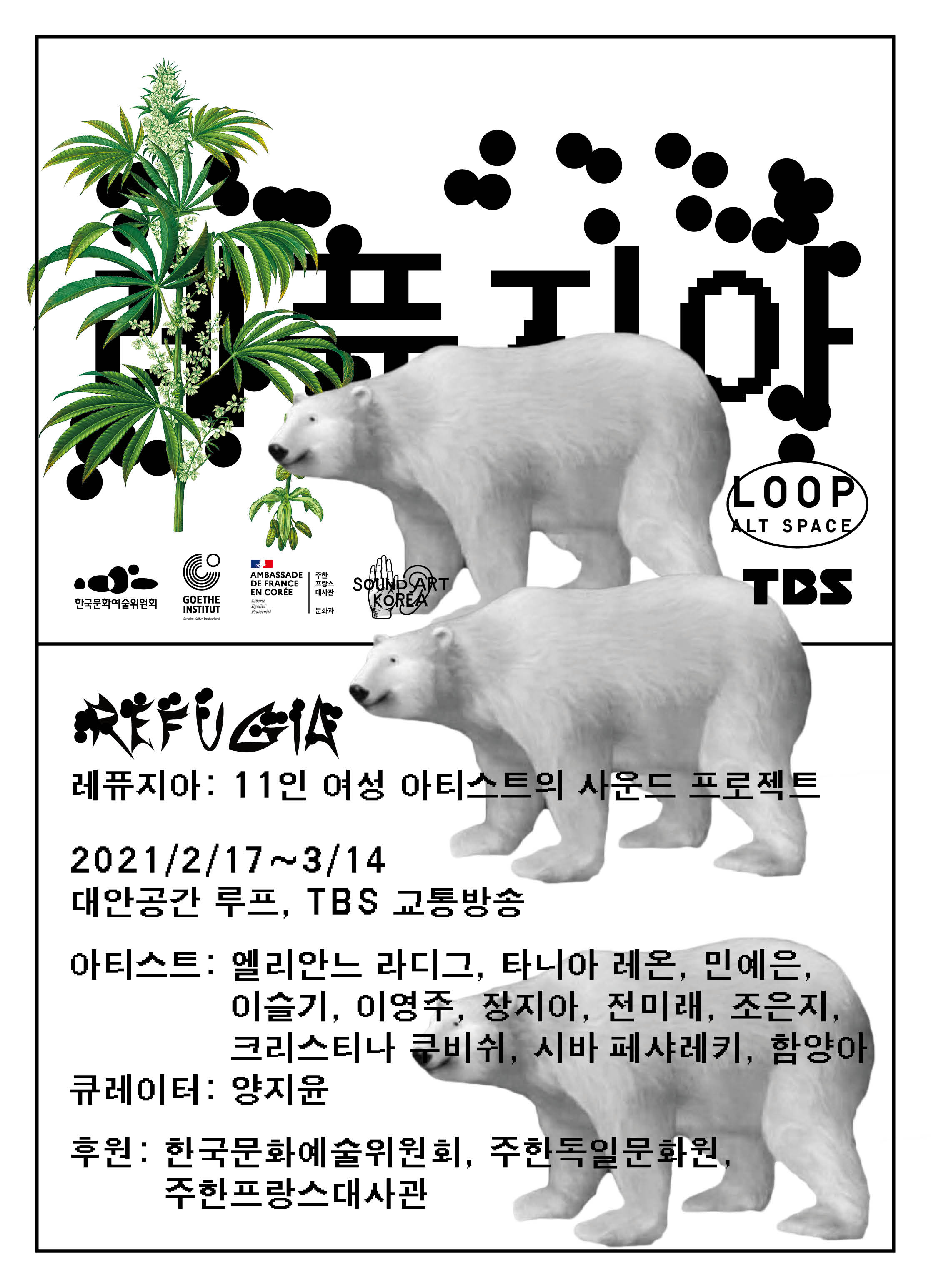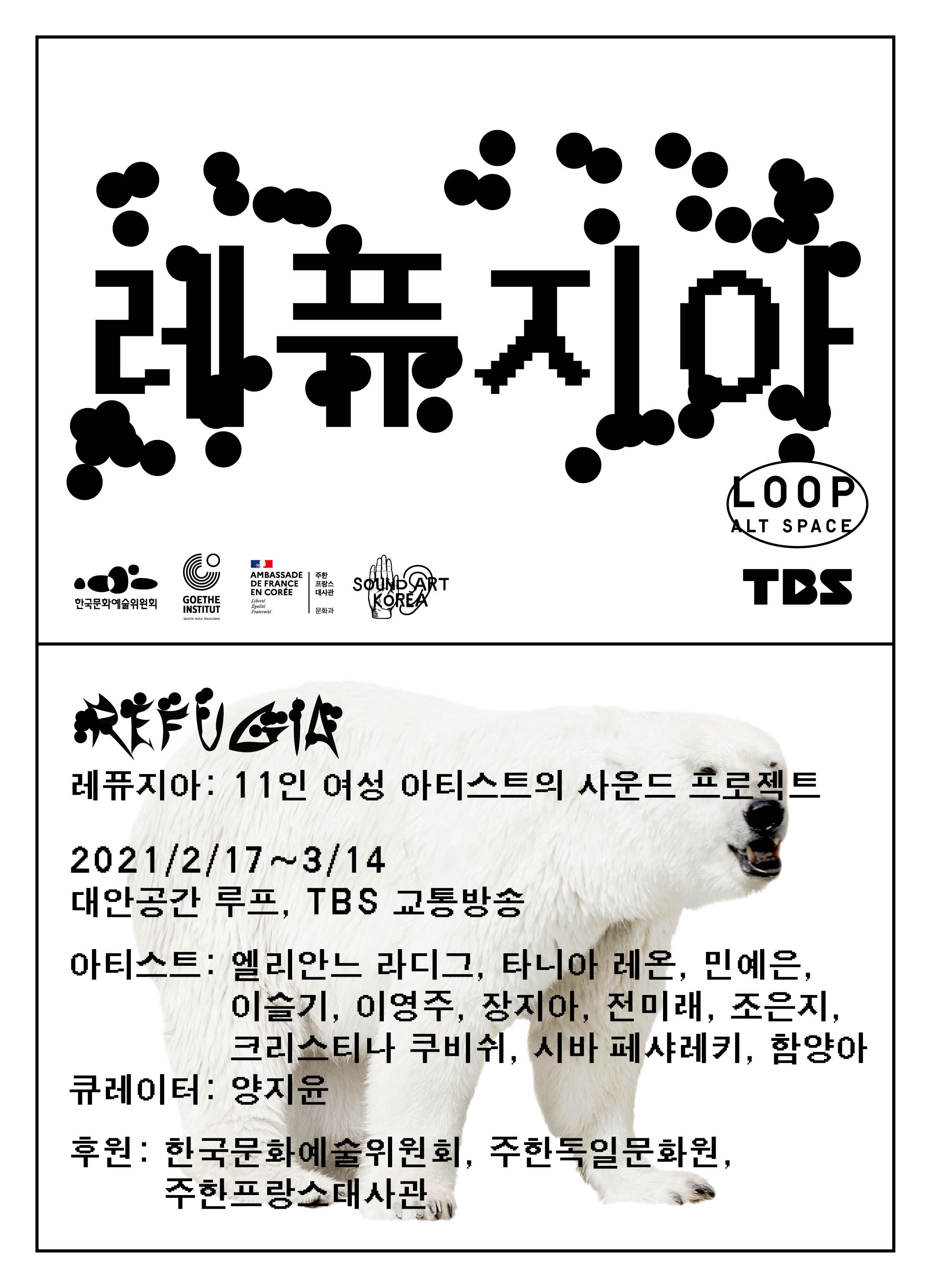Sound culture today has been overtaken by industrialized popular music, and in this context Theodor Adorno’s concept of a “culture industry,” written off by some as no longer relevant, may offer a fresh perspective on the current situation. Adorno wasn’t slighting popular art when he advocated for high art, he was issuing a warning of the potential ills and destructive power of mass-produced commercial products peddled in the guise of art. Once passionate analyses by the intelligentsia of popular music’s power to resist and its radical potential—as exemplified by “rock spirit” or the spirit of rock n’ roll—have fizzled out over the decades, and the current landscape seems to confirm the prescience of Adorno’s warning.
The fact that sound art continued to evolve and flourish all the while, despite the disinterest of and marginalization by the arts world and by industry, may be proof of the potency of ecological cycles. Sound art has consistently dismantled such Western modern mainstream values as evidenced in histories of music comprised entirely of male composers or by an overemphasis on mechanical rationality. Despite a lack of mainstream institutional acknowledgment, sound artists have endeavored to create new noise that disrupts the prevailing status quo.
The word refugium refers, in population biology, to a location of a relict population of animal or plant species, where abrupt climate change has led to dwindling populations if not near-extinction. Refugia is a public art project that brings together the sound art of eleven women artists from around the world. The project distances itself from Western mainstream values that have dubbed nature the Mother of Humanity or equate women with nature and speak of earth’s so-called femininity. In gathering the creative work of women artists in one place, we question the capitalist patriarchal system that has suppressed women’s creativity and creative participation in all areas of society.
Refugia understands our current crises, including this pandemic, as a consequence of the capitalist patriarchal system. The project is an attempt to imagine a civilization that supersedes the existing system—one that is capital-driven, patriarchal, and focused on technologies of exploitation and accumulation—in favor of one that reaches beyond capital towards the feminine and to technologies of coexistence and sustainability. We search for and propose ways in which we might turn away from considering nature as an object of investments and destructive technologies, and instead move towards technologies for symbiosis; from monopolization and domination towards art beyond capitalism; from patriarchy to femininity; and of putting human needs before profit, solidarity before competition, communal life before possession.
The artists taking part in Refugia, as well as being women, have consistently addressed this global crisis through their work and methodology. Readings, soundscapes, the composition of noise, and DJing are some of the ways in which they share their most recent work. The work of Éliane Radigue, Tania León, and Christina Kubisch are of particular significance in the history of sound art.
Due to current safety restrictions affecting offline exhibitions, Refugia will be made accessible through different platforms. Visitors can visit the venue following social distancing guidelines, access the online exhibition from wherever they may be, or follow the public radio broadcasts on TBS Radio. We hope to acquaint the general public with this new, unfamiliar audio culture and thereby prompt fundamental questions about existing social systems. Artistic imagination and creativity have always had the potential to question the status quo and to open up new realities, a potential we still strongly believe in.
Written by Ji Yoon Yang
Director, Alternative Space LOOP
Translated by Emily Yaewon Lee
